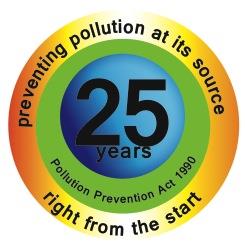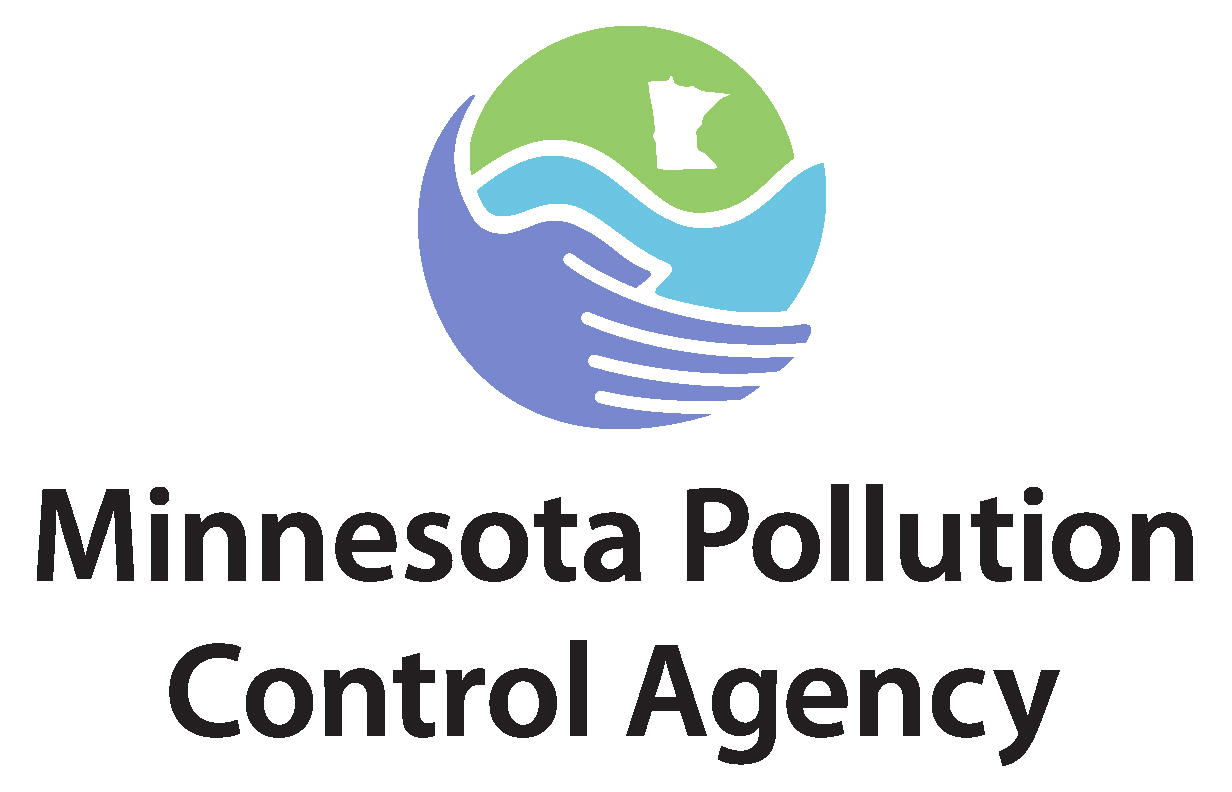 This project encourages Minnesota businesses to voluntarily reduce the amount of thermal receipt papers they use and distribute to their customers. These papers typically contain relatively high concentrations of the chemical Bisphenol-A or related chemicals.
This project encourages Minnesota businesses to voluntarily reduce the amount of thermal receipt papers they use and distribute to their customers. These papers typically contain relatively high concentrations of the chemical Bisphenol-A or related chemicals.
The project specifically targeted the hospitality sector, paper recyclers, and other interested partners. The goals of the project were to:
- test samples of papers from business partners and estimate how much BPA is contained in the thermal papers used by participating partners
- provide information to assist MPCA in setting guidance on best end-of-life management for thermal receipt paper
- assist partners in switching to paperless point-of sale systems, or as a second-choice option, implement other exposure-reduction strategies
- share the case studies of partner businesses and promote use of paperless systems to other Minnesota businesses
Bisphenol-A is commonly used in a variety of applications including in hard polycarbonate plastic resins, in epoxy resins for adhesives, sealants, and food can linings, and in flame retardants. Bisphenol-A (BPA) is also on the Minnesota Department of Health’s list of Priority Chemicals. BPA is a reproductive, developmental, and systemic toxicant in animal studies and is weakly estrogenic. It has been found in a majority of American adults and children and in Minnesota’s groundwater and lakes and streams.
The most common substitute for BPA in thermal papers ─ bisphenol S, or BPS ─ has shown the same sort of endocrine disrupting behavior in studies as BPA. No alternative thermal paper developer is known to be safer. An increasing number of retailers are offering receipts digitally via email or text, instead of on paper.
 Nineteen voluntary partners worked with Stratford Companies, MPCA’s contractor, to test their thermal receipt papers for BPA and BPS content and implement changes to their point-of-sale systems and operating procedures to reduce the amount of thermal paper they use and the amount of BPA or BPS to which their employees are exposed. The hospitality sector includes restaurants and coffee shops, event centers, parks, resorts, hotels, etc.
Nineteen voluntary partners worked with Stratford Companies, MPCA’s contractor, to test their thermal receipt papers for BPA and BPS content and implement changes to their point-of-sale systems and operating procedures to reduce the amount of thermal paper they use and the amount of BPA or BPS to which their employees are exposed. The hospitality sector includes restaurants and coffee shops, event centers, parks, resorts, hotels, etc.
The MPCA offered Minnesota hospitality businesses the opportunity to apply for grants under the “Hospitality Business Transition to Paperless Receipt Grant Project”. The grants were used to reimburse up to $1,000 of costs for digital receipt subscription services to eligible applicants.
The project produced several case studies, mainly from smaller businesses. Some of the consumer best practices from these case studies include:
- Choose paperless receipts, if possible.
- Wash your hands thoroughly after touching receipts, especially before preparing or eating food.
- Don’t give kids receipts to hold or play with.
- Store receipts separately in your purse or wallet.
For more information on the BPA/BPS in Thermal Receipt Paper project, contact Madalyn Cioci.
Project Resources
- Case studies: BPA in Thermal Paper Project
- Webinar: Do You Want Your Receipt? How Simple Steps Can Reduce Use of and Occupational Exposure to BPA and BPS in Thermal Receipt Paper
- Endocrine active chemicals and other contaminants of emerging concern in Minnesota’s groundwater, 2009-2010
- Statewide Endocrine Disrupting Compound Monitoring Study, 2007-2008
Other Related Resources
- Publications for the BPA Alternatives in Thermal Paper Partnership
- Thermal Reaction: The Spread of Bisphenol S via Paper Products
- Holding Thermal Receipt Paper and Eating Food after Using Hand Sanitizer Results in High Serum Bioactive and Urine Total Levels of Bisphenol A (BPA)
